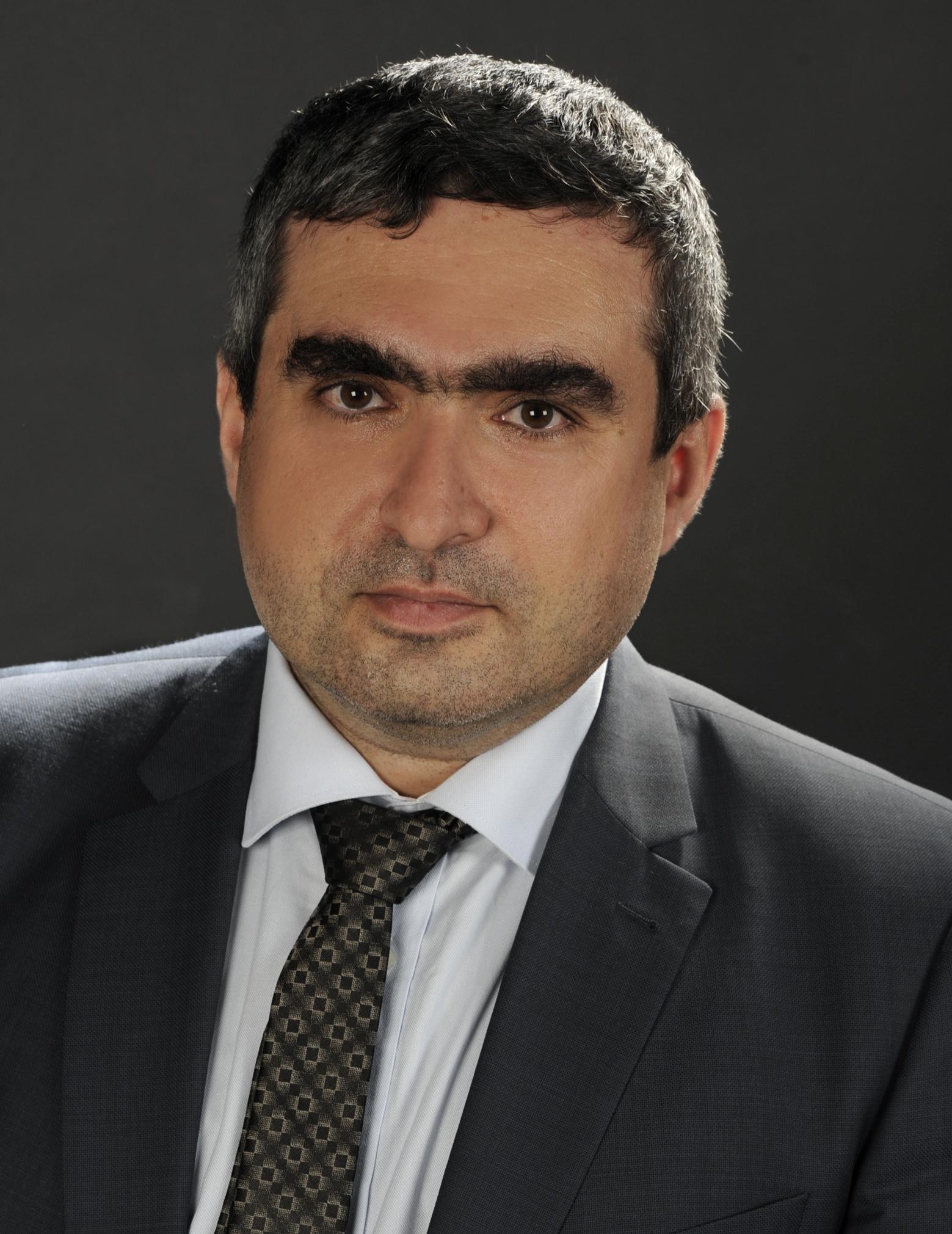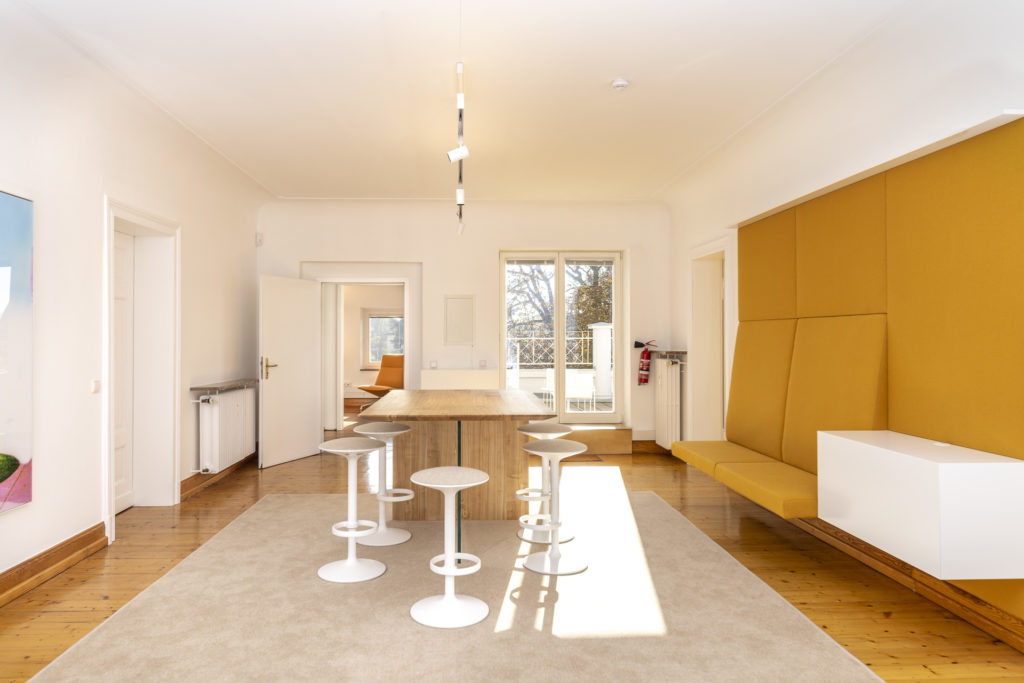
Political Science Dmytro Shevchenko
Crimea Scenarios for the Sustainable and Secure Future of the Black Sea Region
The international security architecture can be divided into the time before Crimean crisis 2014 and after it. Current war in Ukraine is just the aftermath of the process which the Kremlin has begun with the annexation of Crimea. And if the world and Europe want to restore, restart or reshape the security architecture of the continent, they will surely need to solve the problem of the status of Crimea, so that it meets the requirements of the international law, the expectations of the key players of the region and fulfil the legitimate aspirations of the local population of the peninsula.
There are two main preconditions for the realization of any Crimean strategy: 1) regime change in Russia, where the Kremlin would be ready for compromises, and 2) readiness of other regional players, first of all, Ukraine and Turkey, to use the weakness of Russia not to strengthen their own national positions on the peninsula, but instead to create a long term basis for peace and cooperation. Both preconditions are more than realistic at some point in the future, so we must be well prepared.
During my research at the AIA fellowship I will compare territorial conflicts in Europe, which are more or less similar to the Crimean crisis, and deliver a toolkit of possible solutions, how they were successfully or not successfully used in the European history, so the instrumentarium for further discussions on the future of the Crimea. Further, on the basis of these cases, I will try to propose the most effective variant of the administrative system in the Crimea, which would allow a sustainable and peaceful development of the region at least for the decades to come.
Biography
Dmytro Shevchenko was born and grew up in the Crimea, the region he is researching about. His parents still live there under Russian occupation in Yevpatoriya. After graduation from the University in Dnipro, Ukraine (law and German studies, 2004) and Freie Universität zu Berlin, Germany (international law, 2006) he has been working for 15 years in the Ukrainian diplomatic service (2007 to 2022) on the positions in Kyiv, Washington, Berlin and Munich in different fields such as protocol, public communications, strategic communications, politic and economic relations. During his assignment as Consul in Munich in 2017-2022 he was the coordinator of official Ukrainian delegations at the Munich Security Conference. In November 2022 he became the Chancellor of the Ukrainian Free University in Munich, the only Ukrainian diaspora university worldwide.

